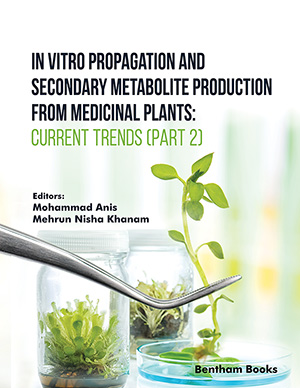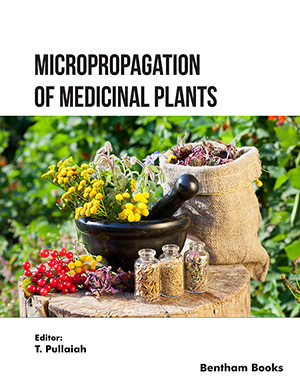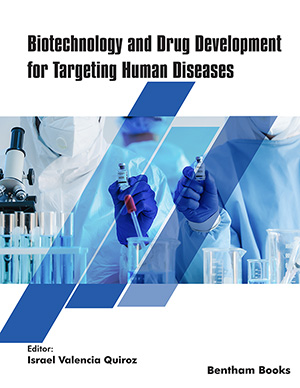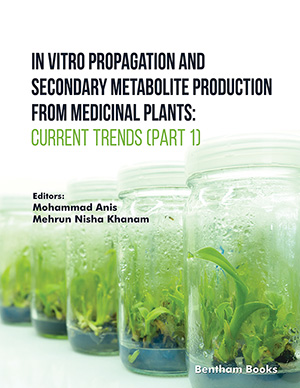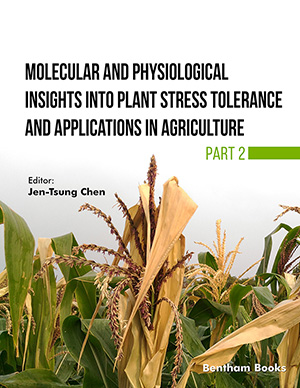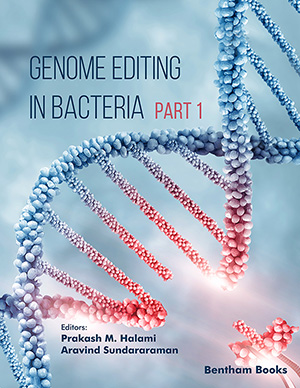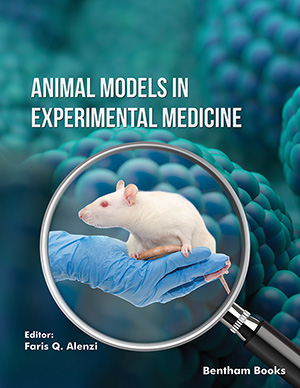Abstract
Harmine (HM), a β-carboline alkaloid extracted from the seeds of Peganum harmala L., has been reported to have antitumor effects. However, the effects and mechanism of action of HM in human gastric cancer cells remain unclear. This study evaluated the antitumor effects of HM in human gastric cancer in vitro. The in vitro cytotoxicity test indicated that HM inhibits gastric cancer cell viability in a dose- and time-dependent manner. Intracellular ROS production was measured using the fluorescent substrate DCFH-DA. The percentage of apoptotic cells was determined by flow cytometry analysis and DAPI staining. Western blot analysis showed the expression of p-AKT, Bcl-2, Bax and caspase-3 in SGC-7901 cells treated with various agents. We demonstrated that HM induces gastric cancer cell apoptosis through the ROS-mediated PI3K/AKT signaling pathway. Therefore, data from this study not only confirm the potential of HM for the treatment of gastric cancer but also offer a promising anticancer therapeutic strategy for treating gastric cancer.
Keywords: Anticancer, apoptosis, gastric cancer, harmine, reactive oxygen species.
Current Signal Transduction Therapy
Title:Harmine Induces Gastric Cancer Cell Apoptosis through the ROSmediated PI3K/AKT Signaling Pathway
Volume: 10 Issue: 2
Author(s): Qingqing Ding, Zhuoyun Wang, Ke Ma and Qi Chen
Affiliation:
Keywords: Anticancer, apoptosis, gastric cancer, harmine, reactive oxygen species.
Abstract: Harmine (HM), a β-carboline alkaloid extracted from the seeds of Peganum harmala L., has been reported to have antitumor effects. However, the effects and mechanism of action of HM in human gastric cancer cells remain unclear. This study evaluated the antitumor effects of HM in human gastric cancer in vitro. The in vitro cytotoxicity test indicated that HM inhibits gastric cancer cell viability in a dose- and time-dependent manner. Intracellular ROS production was measured using the fluorescent substrate DCFH-DA. The percentage of apoptotic cells was determined by flow cytometry analysis and DAPI staining. Western blot analysis showed the expression of p-AKT, Bcl-2, Bax and caspase-3 in SGC-7901 cells treated with various agents. We demonstrated that HM induces gastric cancer cell apoptosis through the ROS-mediated PI3K/AKT signaling pathway. Therefore, data from this study not only confirm the potential of HM for the treatment of gastric cancer but also offer a promising anticancer therapeutic strategy for treating gastric cancer.
Export Options
About this article
Cite this article as:
Ding Qingqing, Wang Zhuoyun, Ma Ke and Chen Qi, Harmine Induces Gastric Cancer Cell Apoptosis through the ROSmediated PI3K/AKT Signaling Pathway, Current Signal Transduction Therapy 2015; 10 (2) . https://dx.doi.org/10.2174/1574362410666150625190713
| DOI https://dx.doi.org/10.2174/1574362410666150625190713 |
Print ISSN 1574-3624 |
| Publisher Name Bentham Science Publisher |
Online ISSN 2212-389X |
 107
107 1
1
- Author Guidelines
- Graphical Abstracts
- Fabricating and Stating False Information
- Research Misconduct
- Post Publication Discussions and Corrections
- Publishing Ethics and Rectitude
- Increase Visibility of Your Article
- Archiving Policies
- Peer Review Workflow
- Order Your Article Before Print
- Promote Your Article
- Manuscript Transfer Facility
- Editorial Policies
- Allegations from Whistleblowers
- Announcements
Related Articles
-
Non-Viral Delivery of RNA Interference Targeting Cancer Cells in Cancer Gene Therapy
Current Gene Therapy Establishment of Conditionally Immortalized Cell Lines with Specific Functions and its Application to Differential Gene Expression Analysis by DNA Microarray Technology
Current Pharmaceutical Analysis Patent Selections
Recent Patents on Anti-Cancer Drug Discovery Biochemical Markers of Autoimmune Diseases of the Nervous System
Current Pharmaceutical Design Safety and Proof-of-Concept Efficacy of Inhaled Drug Loaded Nano- and Immunonanoparticles in a c-Raf Transgenic Lung Cancer Model
Current Cancer Drug Targets Ghrelin: New Insight to Mechanisms and Treatment of Postoperative Gastric Ileus
Current Pharmaceutical Design The Herpesvirus Encoded dUTPase as a Potential Chemotherapeutic Target
Current Protein & Peptide Science The Effect of Proton Pump Inhibitors on the Human Microbiota
Current Drug Metabolism Apoptosis Induction by Ultrasound and Microbubble Mediated Drug Delivery and Gene Therapy
Current Molecular Medicine Systemic Sclerosis Associated Interstitial Lung Disease
Current Respiratory Medicine Reviews Anti-EGFR-mAb and 5-Fluorouracil Conjugated Polymeric Nanoparticles for Colorectal Cancer
Recent Patents on Anti-Cancer Drug Discovery Methods in Cytotoxicity Testing: A Review
Recent Patents on Materials Science An Augmented Passive Immune Therapy to Treat Fulminant Bacterial Infections
Recent Patents on Anti-Infective Drug Discovery Pharmacological Modulation of Nitric Oxide Release: New Pharmacological Perspectives, Potential Benefits and Risks
Current Medicinal Chemistry Angiogenesis as a therapeutic target in breast cancer
Mini-Reviews in Medicinal Chemistry In-Situ Hybridization as a Molecular Tool in Cancer Diagnosis and Treatment
Current Medicinal Chemistry The Controlled Release of Drugs and Bioactive Compounds from Mesoporous Silica Nanoparticles
Current Drug Delivery The Human L1 Element: A Potential Biomarker in Cancer Prognosis, Current Status and Future Directions
Current Molecular Medicine Status of Bi- and Multi-Nuclear Platinum Anticancer Drug Development
Anti-Cancer Agents in Medicinal Chemistry Bioactive Compounds in Some Culinary Aromatic Herbs and Their Effects on Human Health
Mini-Reviews in Medicinal Chemistry


















